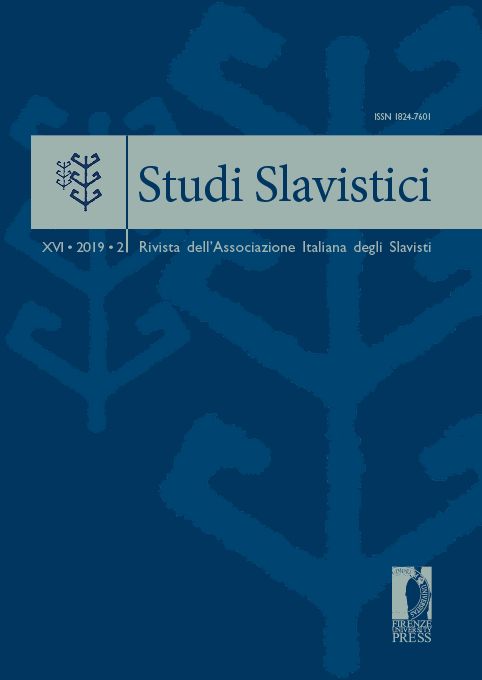Published 2020-01-20
Keywords
- Maximus the Greek,
- Bible translations from Greek,
- Church Slavonic Psalter,
- Exegesis,
- Lexical Translation
Abstract
The article focuses on Maximus the Greek’s lexical revision in the Psalter of 1552. A wide range of lexical corruptions allow us to consider the text as a separate edition of a Church Slavonic Psalter. The grounds for lexical editing are various: inaccurate translations of the direct meaning of the Greek lexeme, non-contextual translations of polysemantic Greek words, and finally, the elimination of variable synonymous translations of the same Greek lexeme. However, along with the purely linguistic motivations of Maximus’s lexical substitutions, their exegetical conditionality is also evident: some of his preferred variants are determined by his interpretation of the Psalter text. The explanatory apparatus in this case is very rich, as we are dealing with the Annotated Psalter of 1522. We are talking neither about the textual influence, nor about conjectural emendations and particular corrections, but rather about consistent lexical decisions, incorporating exegetical meaning into the text. The author examines in detail some of these cases related to the influence of the tropological as well as the typological interpretation of the Psalter that Maximus was especially interested in. The lists of the Psalter of 1552 show that not all of Maximus’s lexical substitutions have been read adequately by the scribes, and some of these corrections have been replaced by traditional readings.


